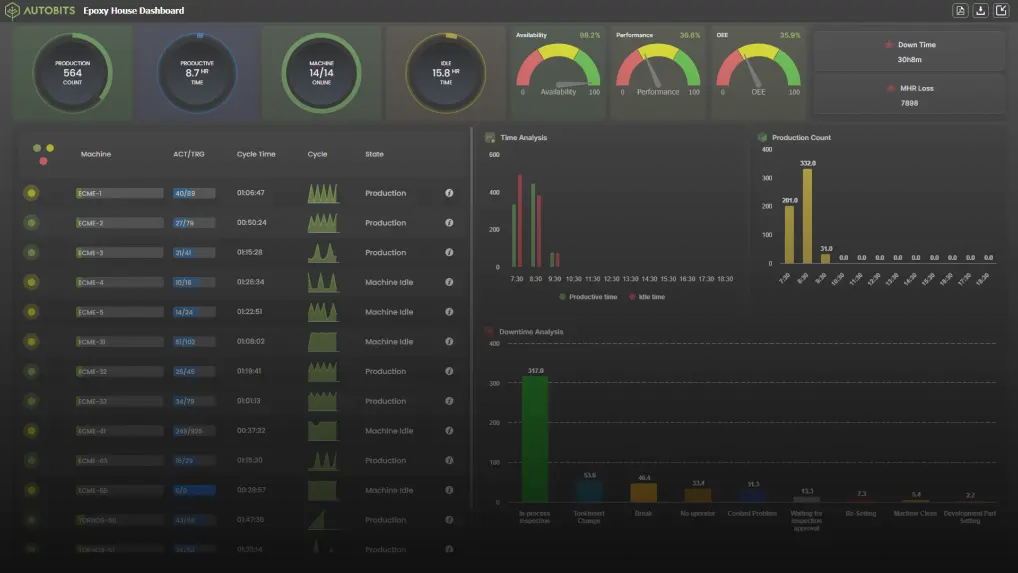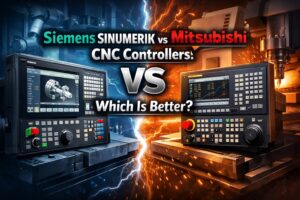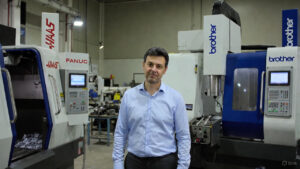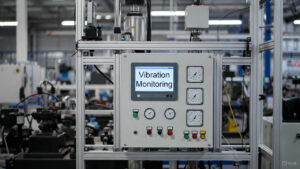The term Industry 4.0 standard is meaningless. There is no specific designed criteria by which you can claim, “This system complies with the Industry 4.0 standard.” Industry 4.0 is simply a term for a type of automation defined by the collection, transfer, and analysis of data via sensors connected to machines, the internet, and the cloud.
However, Industry 4.0 is based on a set of design principles:
Interoperability: A system’s or component’s ability to work well with other systems or components.
Information transparency: The ability to collect and process machinery activity using electronic sensors for other uses.
Technical assistance: First, the ability to assist people by reporting and informing them so that they can make decisions. Second, the ability to assist people by completing unpleasant, tedious, or dangerous jobs.
Decentralized decisions: The ability to decide and execute tasks as autonomously as feasible. Decisions and duties are only delegated to humans when they become particularly complex or have conflicting objectives.
The extent to which each of these principles are implemented can vary, and will likely rise as technology advances in the next years.
There are several standards for the various components of Industry 4.0 like sensors, cloud, IoT, etc. and how they are work like protocols, securities, etc. but there are no specific standard that states “This is Industry 4.0 and this is not”. If there is any system that follows the design principles listed above, that is Industry 4.0
230 years ago, in Industry 1.0 there were no specific standards revolving around the number of machines run on steam and steam used. Similar to that, seen today, there is no set rigid conformance to Industry 4.0 standards.





